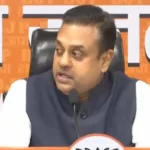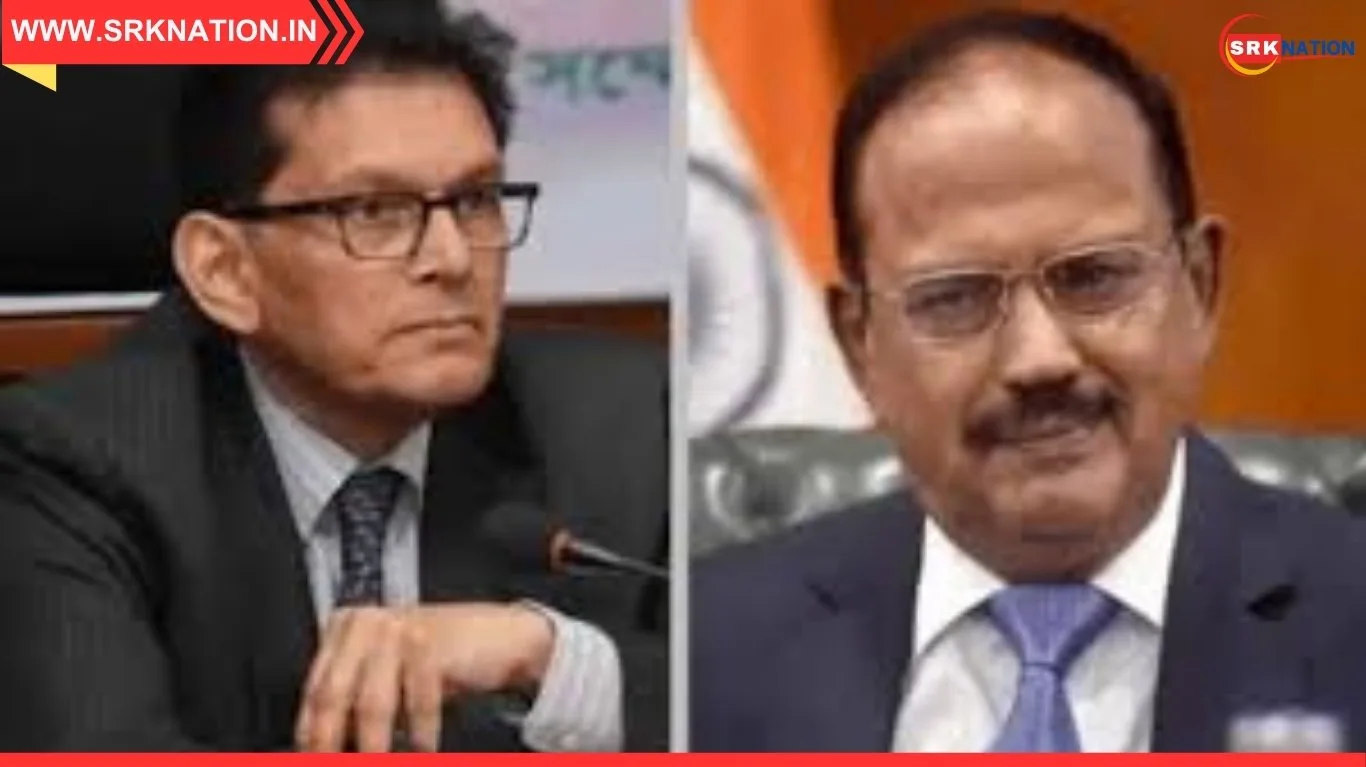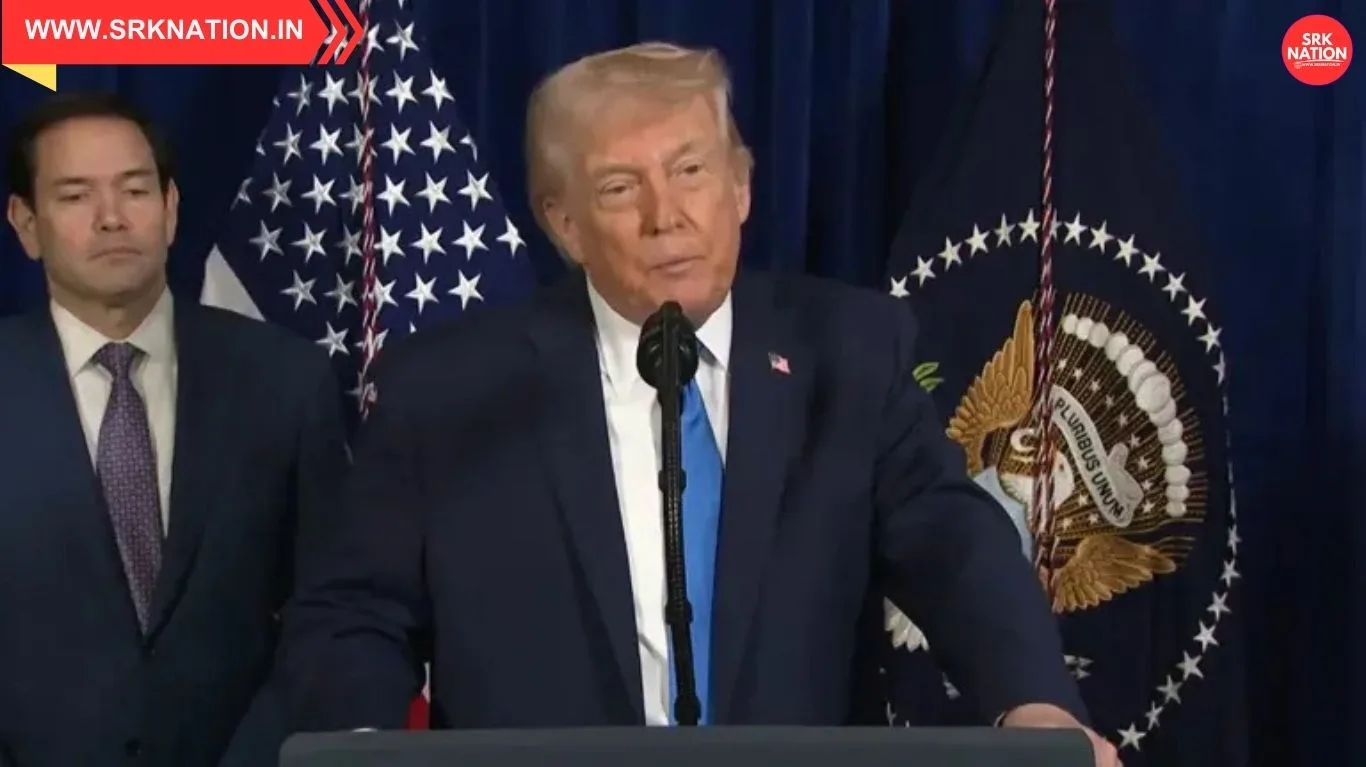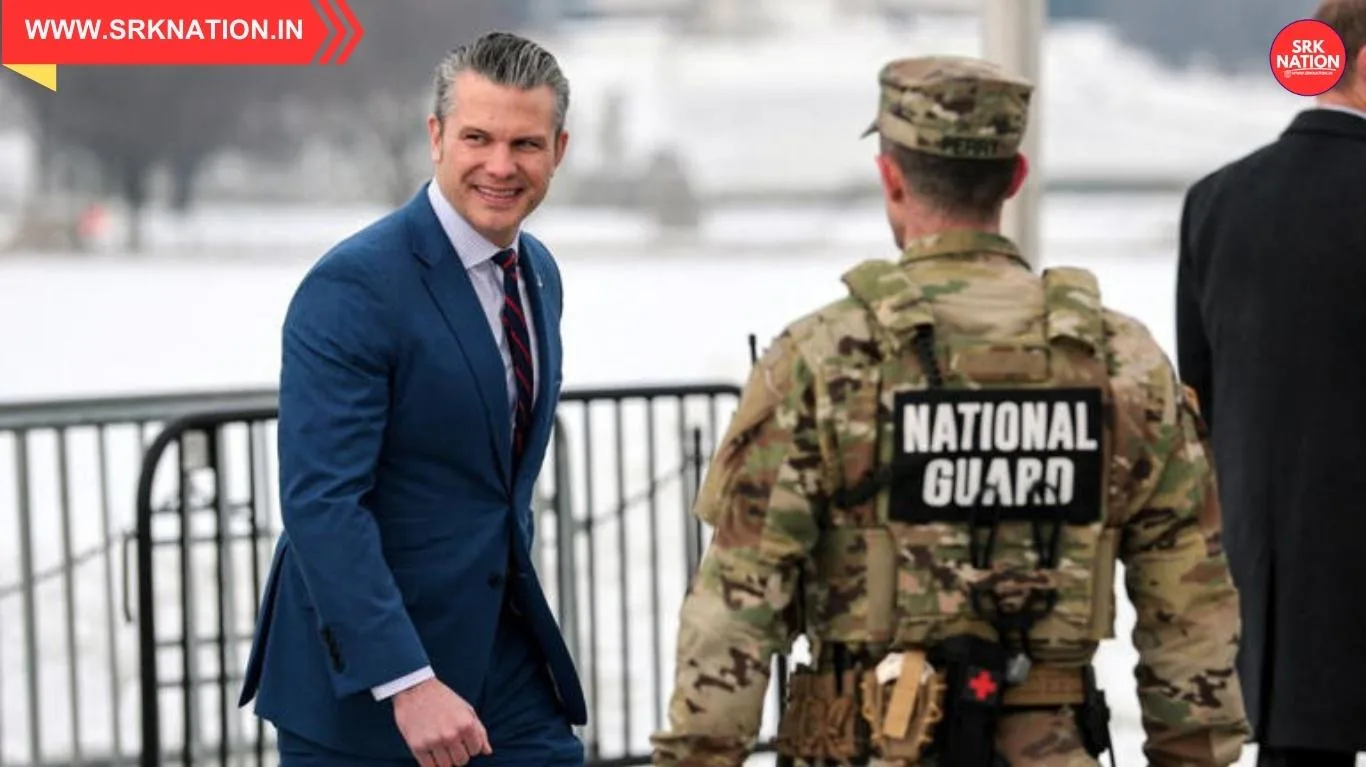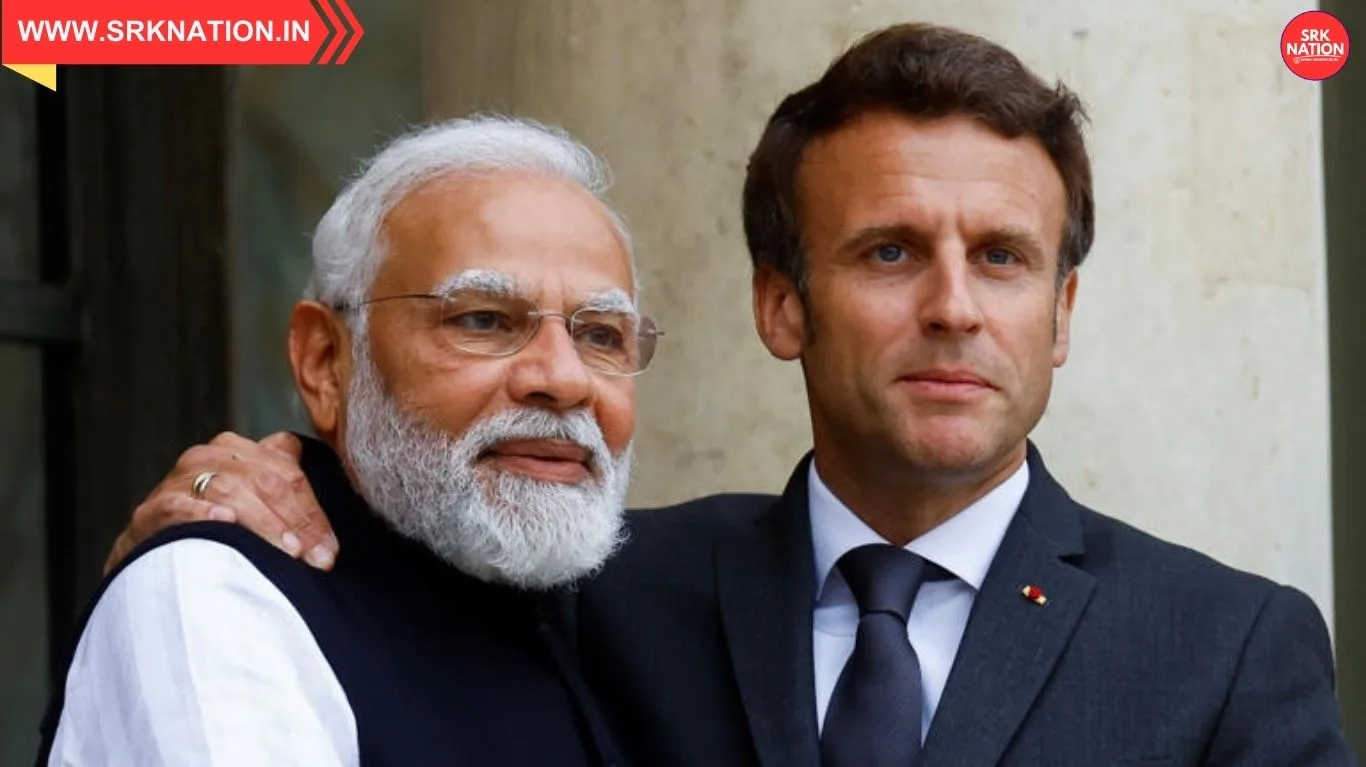India’s National Security Advisor (NSA) Ajit Doval has held crucial talks with his Bangladeshi counterpart amid Dhaka’s controversial call for the extradition of former Prime Minister Sheikh Hasina. The meeting, which comes at a sensitive juncture in South Asian geopolitics, has sparked intense debate about bilateral relations, regional security, and the future of political stability in Bangladesh.
The discussions between the two NSAs are being viewed as highly significant, given the political turbulence in Dhaka and the implications for India-Bangladesh ties. While official details remain limited, sources suggest that the talks focused on security cooperation, cross-border issues, and the contentious demand for Hasina’s extradition.
📊 Key Highlights
- High-Level Talks: Ajit Doval meets Bangladesh NSA amid extradition demand.
- Political Context: Sheikh Hasina faces calls for extradition from Dhaka authorities.
- Regional Security: Discussions likely covered terrorism, border management, and intelligence sharing.
- Diplomatic Sensitivity: India’s response could shape future bilateral relations.
- Public Debate: Raises questions about sovereignty, political asylum, and regional stability.
🔎 Background of the Controversy
Bangladesh has been experiencing heightened political tensions, with demands for accountability against former Prime Minister Sheikh Hasina.
- Extradition Demand: Dhaka authorities have formally raised the issue of Hasina’s extradition.
- India’s Position: New Delhi has so far maintained a cautious stance, emphasizing diplomatic dialogue.
- Security Talks: Ajit Doval’s meeting with Bangladesh NSA is seen as part of India’s broader strategy to manage regional stability.
- Public Reaction: The issue has polarized opinion in both countries, with supporters and critics voicing strong views.
📉 Comparative Snapshot of Extradition Demands in South Asia
| Year | Country | Case/Individual | Outcome |
|---|---|---|---|
| 2014 | India-Pakistan | Dawood Ibrahim demand | No formal extradition, ongoing dispute |
| 2018 | India-UK | Vijay Mallya case | Extradition approved, pending appeals |
| 2020 | India-Antigua | Mehul Choksi case | Legal battle continues |
| 2025 | Bangladesh-India | Sheikh Hasina demand | Talks ongoing, outcome uncertain |
🔄 India’s Diplomatic Stance vs Bangladesh’s Extradition Demand
| Factor | India’s Diplomatic Stance | Bangladesh’s Extradition Demand |
|---|---|---|
| Sovereignty | Emphasizes dialogue and legal frameworks | Seeks direct action and compliance |
| Security Cooperation | Focus on terrorism, intelligence sharing | Links extradition to accountability |
| Political Impact | Concerned about regional stability | Driven by domestic political pressures |
| Future Relations | Seeks balanced approach | Risk of strained ties if demand not met |
🚀 Impact of the Talks
The meeting between Ajit Doval and Bangladesh NSA carries significant implications:
- Bilateral Relations: Could redefine India-Bangladesh ties depending on the extradition issue.
- Regional Security: Cooperation on terrorism and border management remains crucial.
- Political Stability: Extradition demand adds complexity to Bangladesh’s internal politics.
- Diplomatic Strategy: India must balance legal, political, and humanitarian considerations.
💬 Expert Commentary
Analysts have weighed in on the controversy:
- “Ajit Doval’s talks with Bangladesh NSA highlight the seriousness of the extradition demand,” said a South Asia expert.
- “India must tread carefully to avoid destabilizing bilateral relations,” noted a foreign policy analyst.
- “The issue could set a precedent for future extradition cases in the region,” added a legal commentator.
🌍 Broader Context
The extradition demand must be seen in the larger context of South Asian geopolitics:
- Regional Rivalries: India’s role in Bangladesh’s political landscape has long been debated.
- Global Pressure: International observers are closely monitoring the situation.
- Legal Frameworks: Extradition treaties and international law play a key role.
- Humanitarian Concerns: Questions about political asylum and human rights remain central.
📊 Public Sentiment Analysis
| Group | Reaction |
|---|---|
| Indian Citizens | Divided, some support cautious diplomacy, others demand firm stance |
| Bangladeshi Citizens | Polarized between pro-Hasina supporters and critics |
| Political Parties | Use issue to advance narratives on sovereignty and accountability |
| International Observers | Concerned about regional stability and human rights |
📊 Key Issues Identified in the Extradition Debate
| Issue | Description |
|---|---|
| Sovereignty | Balancing national interests with bilateral obligations |
| Legal Framework | Extradition treaties and international law complexities |
| Political Pressure | Domestic demands in Bangladesh driving extradition call |
| Regional Stability | Risk of strained ties and security challenges |
| Humanitarian Concerns | Questions about asylum and rights of political figures |
📝 Conclusion
The meeting between Ajit Doval and Bangladesh NSA amid Dhaka’s call for Sheikh Hasina’s extradition marks a pivotal moment in South Asian diplomacy. While the talks focused on security cooperation and bilateral relations, the extradition demand has added a layer of complexity that could reshape India-Bangladesh ties.
For India, the challenge lies in balancing sovereignty, legal frameworks, and humanitarian considerations. For Bangladesh, the demand reflects domestic political pressures and the quest for accountability. For the region, the outcome of these talks could have lasting implications for stability, cooperation, and future diplomatic engagements.
⚠️ Disclaimer
This article is for informational purposes only and is based on publicly available political and diplomatic updates. It does not constitute legal or policy advice. Readers are encouraged to follow official government communications for the latest updates.





